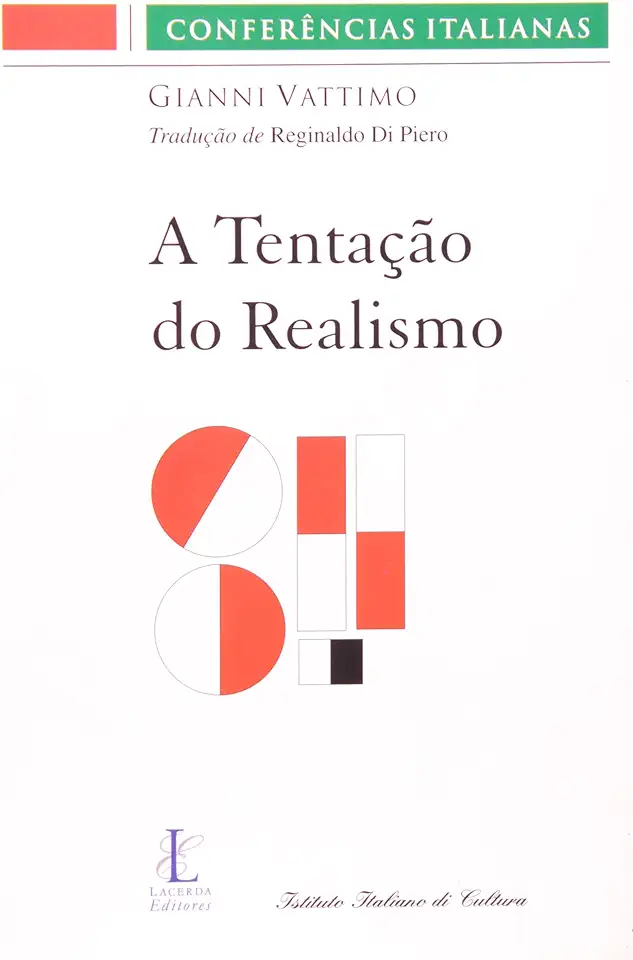
The Temptation of Realism - Gianni Vattimo
The Temptation of Realism: Gianni Vattimo's Philosophical Project
Introduction
In his seminal work, "The Temptation of Realism," Gianni Vattimo offers a profound and provocative exploration of the nature of reality and the limits of human knowledge. Vattimo argues that the traditional notion of realism, which posits an objective and knowable reality independent of human experience, is no longer tenable in the postmodern era. Instead, he proposes a "weak" or "hermeneutic" realism that acknowledges the role of interpretation and perspective in our understanding of the world.
The Critique of Traditional Realism
Vattimo begins by critiquing the traditional realist position, which he associates with the philosophical tradition of metaphysics. Metaphysics, according to Vattimo, is based on the assumption that there is a single, objective reality that can be known through reason and experience. However, Vattimo argues that this assumption is problematic because it ignores the role of interpretation and perspective in our understanding of the world.
Vattimo draws on the insights of hermeneutics, the study of interpretation, to argue that all knowledge is mediated by our own experiences and interpretations. This means that there is no such thing as a purely objective or neutral perspective on the world. Instead, our understanding of reality is always shaped by our own cultural, historical, and personal contexts.
The Proposal of Weak Realism
In light of the critique of traditional realism, Vattimo proposes a "weak" or "hermeneutic" realism that acknowledges the role of interpretation and perspective in our understanding of the world. Weak realism does not deny the existence of an objective reality, but it does assert that our access to this reality is always mediated by our own interpretations.
Vattimo argues that weak realism is a more adequate account of the nature of reality because it takes into account the complexity and diversity of human experience. It also allows for the possibility of multiple and conflicting interpretations of the world, without privileging any one perspective over another.
The Implications of Weak Realism
Vattimo's weak realism has a number of implications for our understanding of the world and our place in it. First, it suggests that there is no single, objective truth about the world. Instead, there are multiple and conflicting interpretations of the world, each of which is valid from its own perspective.
Second, weak realism implies that we can never fully know or understand the world. Our knowledge is always limited by our own experiences and interpretations, and we can never be sure that we have the whole picture.
Third, weak realism suggests that we should be open to new and different interpretations of the world. We should not be afraid to challenge our own beliefs and assumptions, and we should be willing to consider alternative perspectives.
Conclusion
"The Temptation of Realism" is a challenging and thought-provoking work that offers a new way of understanding the nature of reality and the limits of human knowledge. Vattimo's weak realism is a powerful antidote to the dogmatism and absolutism of traditional metaphysics, and it opens up new possibilities for thinking about the world and our place in it.
Why You Should Read This Book
"The Temptation of Realism" is a must-read for anyone interested in philosophy, hermeneutics, or the nature of reality. Vattimo's work is clear, concise, and engaging, and it offers a fresh and original perspective on some of the most fundamental questions of human existence.
If you are looking for a book that will challenge your assumptions and open your mind to new possibilities, then "The Temptation of Realism" is the book for you.
Enjoyed the summary? Discover all the details and take your reading to the next level — [click here to view the book on Amazon!]